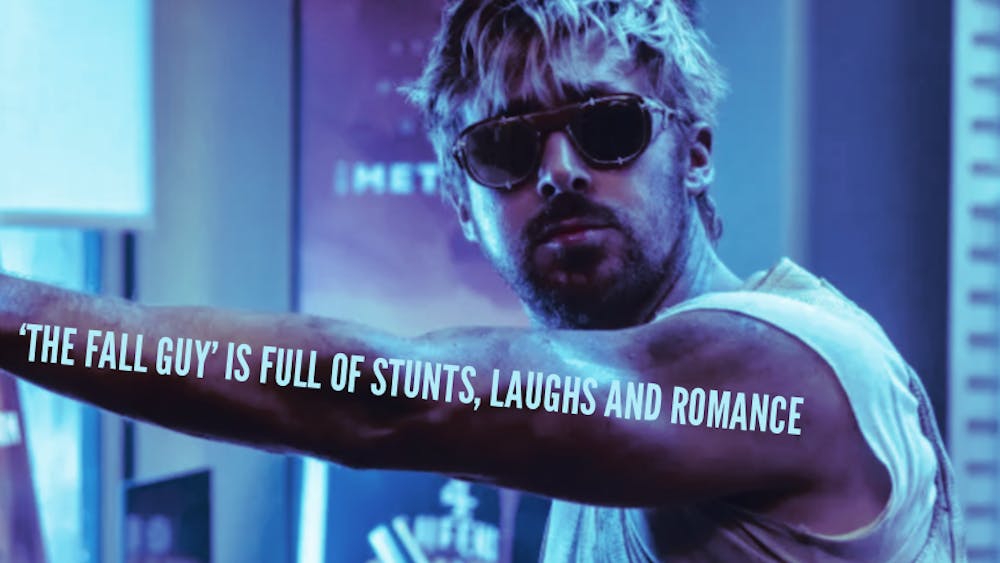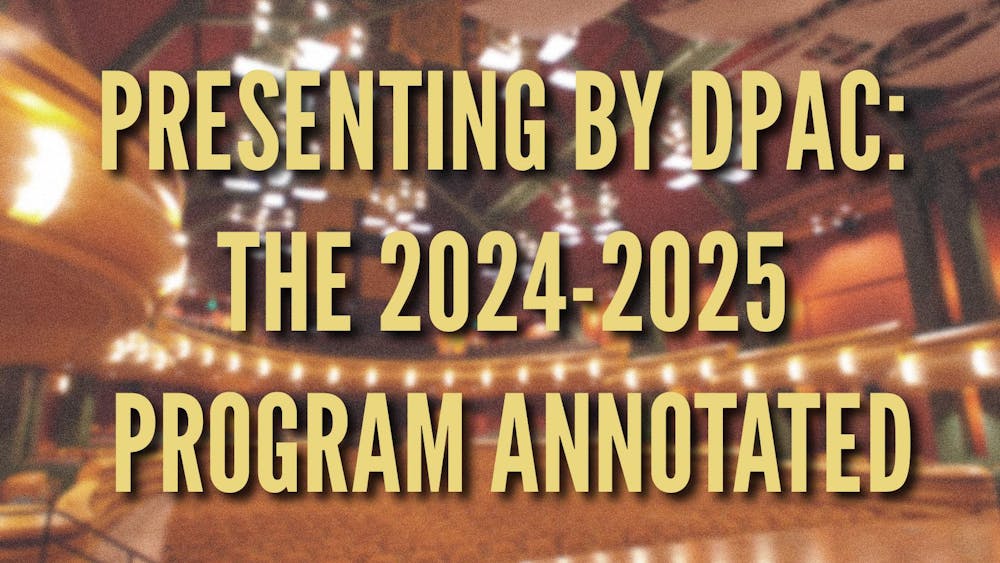As many of you are well aware, my weekly tantrums tend to focus on quips about the music industry and qualms about television. Few may know, however, that my first geek title — before music geek or TV geek — is that of Lord of the Rings geek. Which if you are a Colbert Report fan who caught the James Franco episode last week, you will understand why my roommate walked in on me yelling, "Nenya! Nenya! Galadriel's Ring of Power is Nenya, you idiot!" at my laptop in the middle of Colbert's rapid-fire questions to challenge Franco's Tolkien trivia superiority (Btw, Colbert pwned Franco. Fëanor and the Silmarils can get pretty tricky, if you know what I mean). So when I got the chance to interview Ethan Gilsdorf, who has quite possibly written the definitive book on fantasy geek culture, I was about as pleased as Pippen at elevenses.
Have you ever played Dungeons and Dragons? (No). Do you have a World of Warcraft account? (Lost too many friends to it). Have you fantasized about taking off to New Zealand to be an extra in The Hobbit? (Uh…every day). But more importantly, would you ever admit any of this to your roommate or significant other? These are the questions asked by Gilsdorf — journalist, columnist, critic and author of "Fantasy Freaks and Gaming Geeks: An Epic Quest for Reality Among Role Players, Online Gamers and Other Dwellers of Imaginary Realms." He's on campus this week talking to American Studies classes and speaking with students about his extended ruminations on geek culture, and I was lucky enough to get an interview with him:

Many of the "fan studies" books and articles are somewhat self-serving, because they're written by fans, for fans. Your book comes from the point of view of someone who seems at first to be quite an outsider, looking in. What kind of freedom did that give you to evaluate freaks and geeks?
"My perspective is a funny one. I was into gaming, but not into fandom. I [long ago had] stopped playing and reading and putting on my double-edged sword, so I had freedom to approach it with a healthy sort of distance. I was very suspicious, and reluctant to admit I was into it [as a teenager]. Gaming was associated with a negative time in my life. The activity allowed me to escape.
"As a kid, I had a vague sense of who else outside of town was into this. I knew ‘Lord of the Rings,' watched ‘V' and ‘Star Trek', but it was hard to reach out. I was pleased to enter as a forty-something and see geeks be a much more vibrant, healthy, open and non-apologetic community, from Harry Potter to anime. I think it has changed, your generation versus my generation, because of the internet. Opportunity for exchanges between fan communities is easier."
Did anyone ever distrust you because you came from outside of their geek identity?
"I had to gain trust of people and allow them to open up. I had to communicate with people who are ‘normal' — into online gaming, low entry, low-risk and no costume — and also people LARPing (Live Action Role Playing), who get a sword and run round around the woods beating the crap out of each other. There's a certain risk on their part so you won't make fun of it.
"The media has become very shallow. They've been made fun of, and haven't been given proper respect and appreciation. I said, ‘I'm looking to tell stories about why you're into this stuff.' I gave myself permission to embrace this. It helps that I had a book contract and a reason to finish the quest."

What was the most surprising thing you discovered on your quest?
"In the end, the most surprising thing was my own personal journey. I went into the project with my own personal demons to fight with fantasy. I had really not changed as much as I thought I had. Games like ‘Dungeons and Dragons,' fantasy, novels and interest in the auxiliary gaming community were always inside me. For the wrong reasons, I suppressed fear that people would make fun of it. But people don't care. We're more alike than we think, whether you're interested in baseball stats or collecting books. Fantasy gaming is not much different from fantasy football. We all have a fantasy to bring us together and make us feel a part of something bigger, not as alone.
"I thought ‘Dungeons and Dragons' would prevent me from becoming cool [when I was in high school]. But there is a clear path between fantasy as a kid and what I'm doing now. The imaginative space opened up in ‘Lord of the Rings,' ‘Dungeons and Dragons' and ‘Harry Potter' is a kind of gift. You tell stories and imagine what it's like to be someone else. That's gotta be good for humanity."
Who are the least or most welcoming geek subcultures?
Trying to break into the SCA (Society for Creative Anachronism) was pretty bureaucratic. They have press liaisons. It's very hierarchical, [it is] organized around kingdoms and [has] a kind of political system. They are doing something that seems to most people to be the weirdest. They appear to do something completely outlandish. To gain official access was a complicated process.
"I went to visit the Tolkien Society in Chester. They had an attitude more like, ‘Wow, someone's interested in what I'm doing!' They were thrilled I was taking what they were doing seriously."
Who are you writing for?
"There are two groups who will find this book interesting: people into this stuff, who can gain perspective to why it exists, and people who might have a spouse or a friend who plays World of Warcraft, but don't understand it. My goal is to bring down barriers for someone who knows nothing about gamers. Don't be afraid of it. Don't dismiss it. Don't make fun of it.
"Your generation grew up hearing old stories in Harry Potter. So much of this stuff is based on a very specific time period, infused with magic and heroic deeds. Today, gaming allows for mutual achievement, like sports, except you're not on the football field, but on a battlefield. There were civil rights, then gay rights, and now we have geek rights."
So there you have it, folks. The boy who swore to abandon fantasy gaming in order to grow up became the man giving a lecture on Hobbits. And I, for one, couldn't be more grateful. Ethan Gilsdorf will be speaking today at 7:00pm in DeBartolo Hall, room 138. His lecture is titled, "Hobbits, Heroes, Gamers, Geeks." See you there (I'll be in the cape).
The views expressed in this column are those of the authors and not necessarily those of The Observer. Stephanie DePrez can be contacted at sdeprez@nd.edu.












